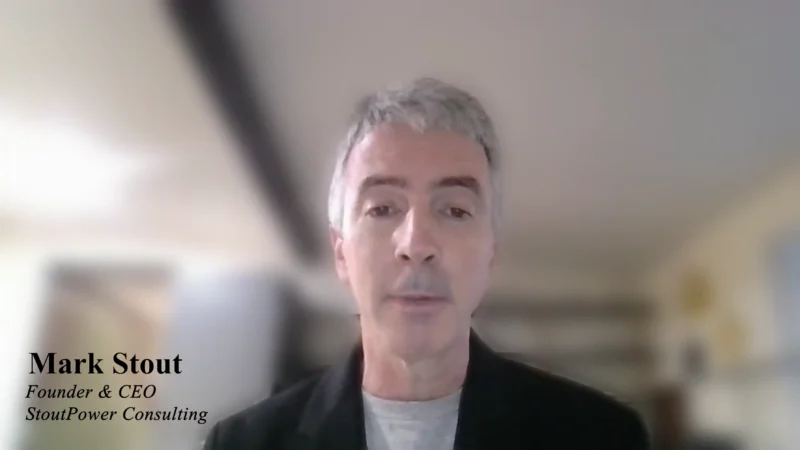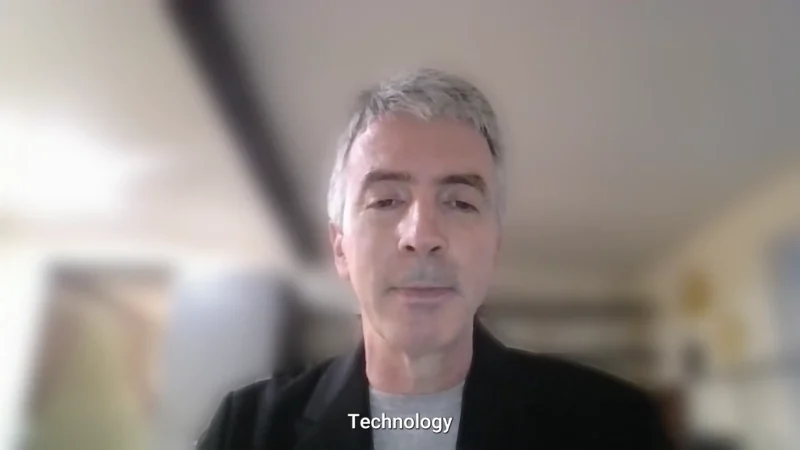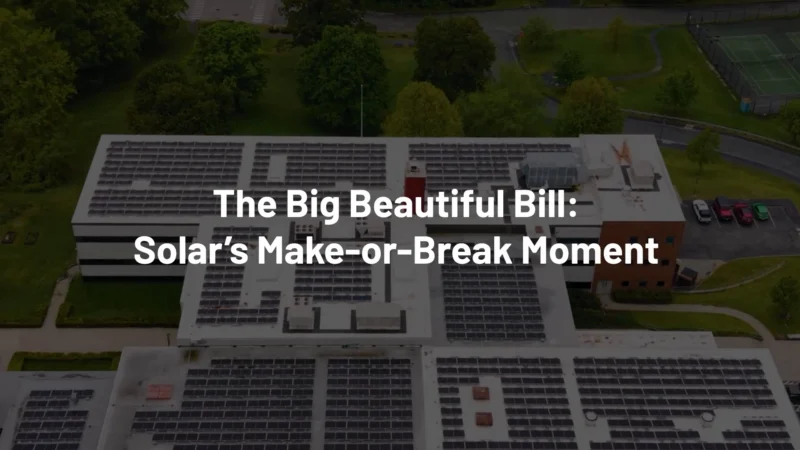Inflation Reduction Act Can Impact Company Investments
Recent months have shown that the Inflation Reduction Act (IRA) is a hot topic in the energy industry, sparking extensive discussions about its implications and opportunities. As businesses and organizations seek to join the renewable energy movement, understanding the nuances of the IRA is crucial.
A recent study highlighted that renewable energy investments are projected to increase by 25 percent due to the incentives provided by the IRA, underscoring the importance of this legislation.
What exactly does the IRA mean for new participants in the energy market, and how can they navigate its complexities to maximize benefits?
On a second edition of a Moss Adams podcast with Matt Kaden, Managing Director at Moss Adams, host Michelle Dawn Mooney continues the conversation by exploring answers to this question.
Mooney and Kaden further discussed:
- The influx of new participants in the energy market due to the IRA, including nonprofits, large corporations, smaller financial institutions, and fintech startups.
- A comparison between the traditional tax equity method and the newer transferable credit market, with insights into the benefits and drawbacks of each.
- The impact of project size on the choice between tax equity and transferable credits, emphasizing the efficiency and cost-effectiveness of each approach.
Matt Kaden is the Managing Director at Moss Adams, and has been a pivotal advisor in the energy sector for over more than a decade. His expertise spans across various renewable energy projects, guiding market participants through the complexities of energy transition and renewable investments. Kaden’s extensive background and industry accolades make him a leading voice in understanding the implications of the IRA for both new and established players in the energy market.
Article by Alexandra Simon.




